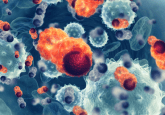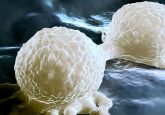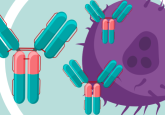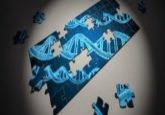Helpers indeed: immune cells combat breast cancer
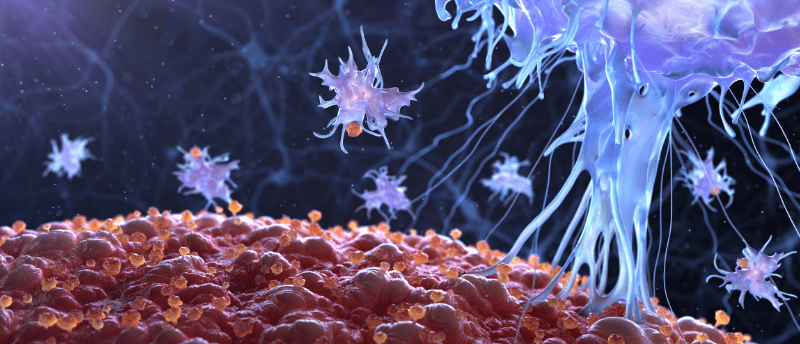
A novel immunotherapy for treating breast cancer has been designed in mice and could be applicable to the treatment of other forms of cancer in the future.
A team of researchers led by Shawn Demehri (Harvard Medical School, MA, USA) now understands the mechanism underlying the role that specific immune cells, known as CD4+ T helper (Th) 2 cells, play in breast tumor suppression. By harnessing and enhancing the powers of the immune system, researchers could develop a natural and effective cancer treatment applicable not only to breast cancer, but other cancers as well.
Unfortunately, breast cancer is very common. Current treatments for the disease can cause severe side effects and cancers are sometimes able to acquire immunity to these conditions. The need for an alternative treatment, then, is great. In their current study, Demehri builds upon his work from 2016 that demonstrated the involvement of the cytokine, thymic stromal lymphopoietin, in mobilizing CD4+ T cells against cancerous breast tissue.
 Is salt the key to accurate breast cancer diagnosis?
Is salt the key to accurate breast cancer diagnosis?
A new sodium MRI technique confirms that more active breast cancer tumors have higher salt levels, suggesting salt levels could aid diagnosis and monitoring.
Demehri and his team modelled breast cancer in mice to investigate the effects of CD4+ Th2 cells using various techniques such as immunofluorescence, immunohistochemistry and western blotting. Using thymic stromal lymphopoietin cytokines, researchers targeted the Th cells to the tumor, where they released cytokines, IL-3, IL-5, and GM-CSF. According to Demehri, the team demonstrated that “…CD4+ T helper 2 cells directly block spontaneous breast carcinogenesis by inducing the terminal differentiation of the cancer cells.”
This means that the Th2 cells induced an epigenetic change during the progression of breast cancer cell development to produce healthy cells. So, the cancerous cells revert to their normal role in making a healthy breast gland. By reverting cancer cells into healthy cells, this immunotherapy may not only induce a state of remission but also prevent the recurrence of cancer later.
Researchers hope to eventually use thymic stromal lymphopoietin cytokine mRNA technology to deliver Th2 cells to cancerous breast tissue for localized immunotherapy in humans. Demehri explains, “We would hope to see the same benefit we saw in mice in terms of driving the breast cancer cells back to a non-lethal tissue and perhaps prevent breast cancer recurrence.” Additionally, the discovery of a novel immunotherapy for breast cancer treatment may be applicable to other cancers’ prevention and treatments in the future.

